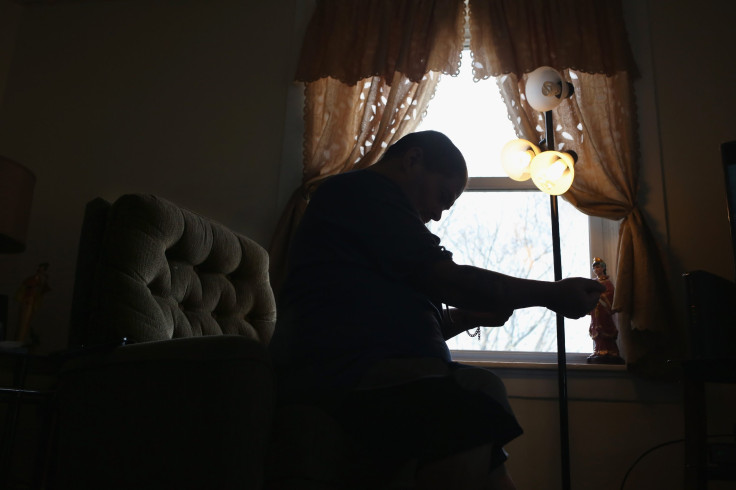Ohio Opioid Epidemic: List Of Drug Companies Sued By State Amid Addiction Crisis

Ohio state filed a lawsuit against five major drug manufacturers Wednesday amid an ongoing opioid addiction crisis. In the lawsuit, state Attorney General Mike DeWine accused the companies of misrepresenting the risks of prescription opioid painkillers that led to a drug addiction problem in the state.
The lawsuit accused the companies of being involved in a sustained marketing campaign to undermine the risks of the prescription opioid drugs and exaggerate the benefits of the drugs in treating health problems.
Read: Medical Marijuana Has No Role In Reducing Opioid Addiction, Governor Says
Following are the companies sued by Ohio state.
- Purdue Pharma
- Endo Health Solutions
- Teva Pharmaceutical Industries and subsidiary Cephalon
- Johnson & Johnson and subsidiary Janssen Pharmaceuticals
- Allergan
"We believe the evidence will also show that these companies got thousands and thousands of Ohioans — our friends, our family members, our co-workers, our kids — addicted to opioid pain medications, which has all too often led to use of the cheaper alternatives of heroin and synthetic opioids,” DeWine said, in a statement Wednesday.
“These drug manufacturers led prescribers to believe that opioids were not addictive, that addiction was an easy thing to overcome, or that addiction could actually be treated by taking even more opioids,” he said, adding: “They knew they were wrong, but they did it anyway -- and they continue to do it. Despite all evidence to the contrary about the addictive nature of these pain medications, they are doing precious little to take responsibility for their actions and to tell the public the truth.”
In the lawsuit, DeWine said 2.3 million people in the state were prescribed opioids last year leading to heroin abuse. He also said opiods became the prime source of unintentional drug overdoses in Ohio.
Purdue issued a statement to Reuters following the lawsuit, saying: "We share the attorney general's concerns about the opioid crisis and we are committed to working collaboratively to find solutions."
Purdue and Johnson & Johnson also have lawsuits against them by two California counties, the city of Chicago, four counties in New York and the state of Mississippi due to their opioid marketing practices.
Opioid addiction has led to the deaths of thousands of people and the state witnessed a 366 percent increase in drug overdose deaths from 2000 to 2012, according to statistics released by the governor’s office in 2014. In 2012, there were at least 1,900 unintentional drug overdose deaths.
Last November, the Columbus Dispatch reported Ohio led the country in deaths from heroin, a specific type of opioid.
In April, 13-year-old Nathan Wylie died in the state of a suspected heroin overdose, according to officials. Police said at the time they believed Nathan had used his father’s drugs. His father, 40-year-old Robert Wylie, was arrested on suspicion of child endangerment. He had been previously arrested on a drug-related charge.
© Copyright IBTimes 2025. All rights reserved.






















